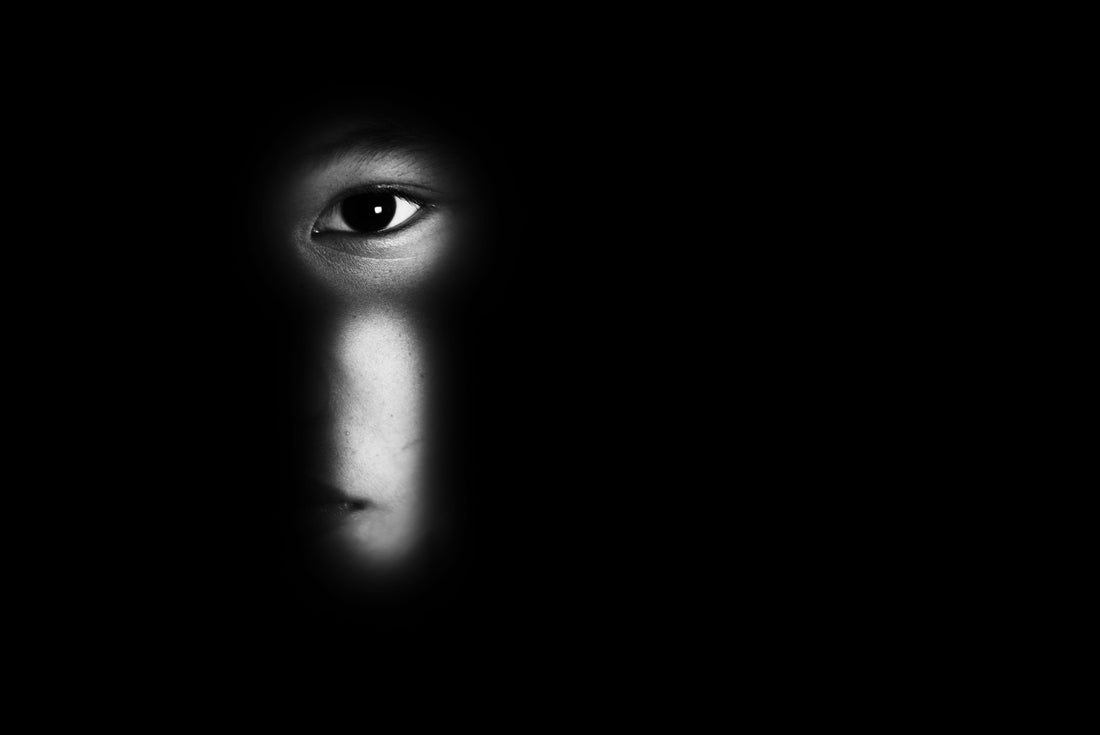
Learning About Child Sexual Abuse
Dr. Linda Hancock![]() A few days ago TLC had a special documentary entitled "Breaking the Silence" in which five individuals told the stories of how they had been sexually abuse as children. The perpetrators were not strangers but individuals who the children and their families knew and trusted. Statistics indicate that this is true for most cases as over 90% of children know their abusers.
A few days ago TLC had a special documentary entitled "Breaking the Silence" in which five individuals told the stories of how they had been sexually abuse as children. The perpetrators were not strangers but individuals who the children and their families knew and trusted. Statistics indicate that this is true for most cases as over 90% of children know their abusers.
Because of fear and shame children don't tell anyone about what is happening to them. Some fear that they won't be believed. Others have been threatened that harm will come to them or their family members if they tell. Still others think that the abuse is their fault. As a result, secrets are often kept for years or never told.
Perpetrators usually approach vulnerable children and then groom them. They view the child as an object who is there to meet their own needs and give them pleasure without thinking about the suffering that the child will experience. It is very confusing for the child as the abuser is not a good person in some ways but is a good person in other ways.
As parents and members of society it is our job to prevent and unfortunately, in some cases to deal with child abuse.
"Darkness to Light" is an educational program that recommends five steps for protecting children as follows:
1. Learn the facts - Do not be naïve. There are over 42 million survivors of sexual abuse in America. This doesn't account for those who continue to live in secrecy. Do everything you can to become educated about how to prevent and deal with this horrible phenomenon.
2. Minimize opportunity - Reduce situations when a child is alone one-on-one with another person. Use the principle of "observable and interruptible". Change routines, drop in and establish healthy boundaries.
3. Talk about it - Educate your children about personal body safety and respect from pre-kindergarten right through high school. Make sure they know that everything under their bathing suits is private and if anyone touches them or wants to touch them, they are to tell you immediately. Pay attention to things the child says and what they write down as there may be clues that you would otherwise miss.
4. Recognize the signs - Any changes in mood or behaviors should be warning signs. If your child reacts negatively or avoids your touch, develops new fears, experiences nightmares, has a drop in grades or does not want to go to places that s/he previously enjoyed, pay attention. Aggression or withdrawal should also put you on alert.
5. Respond responsibly - If a child tells you that they have been abused do not over-react in front of the child. There is a higher rate of recovery for those who have an adult who believes them. Get professional help for you and the child.
Recovery is a personal journey and can take a great deal of time. The good news is that victims can get their voices back from the perpetrators and develop a better sense of self that is related to what happened.
Combating the problem in the first place, however, begins with adults who have honest conversations with children and keep the lines of communication open.
